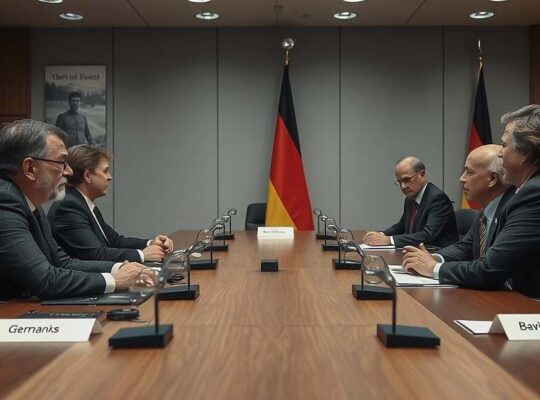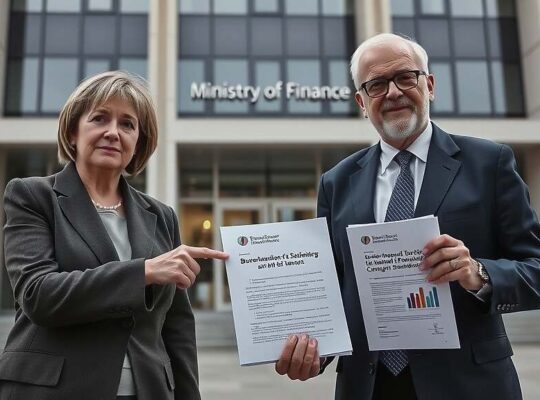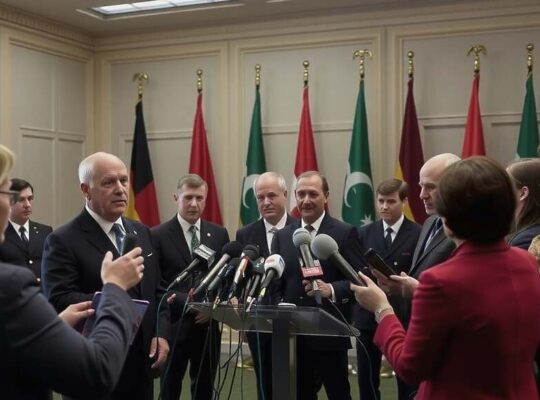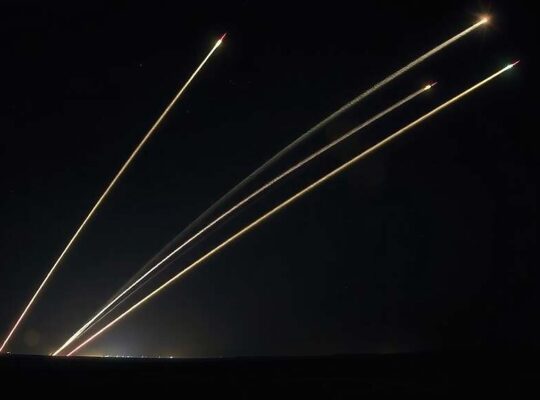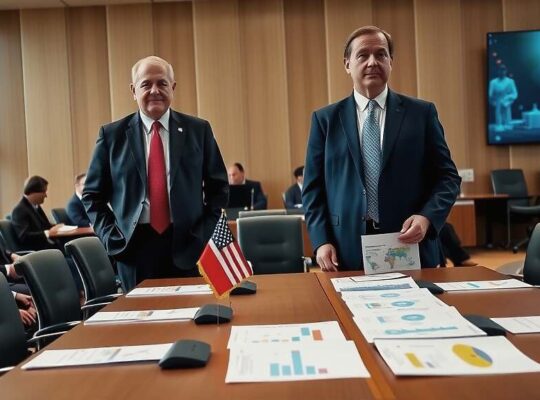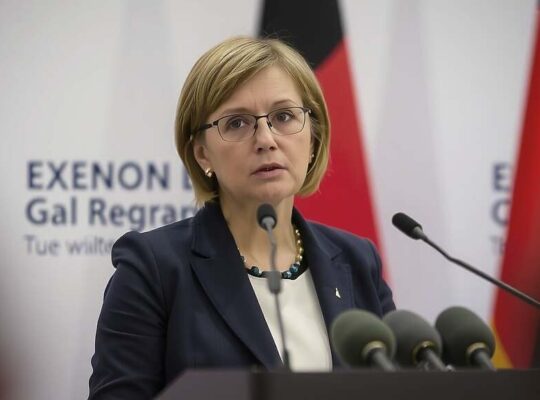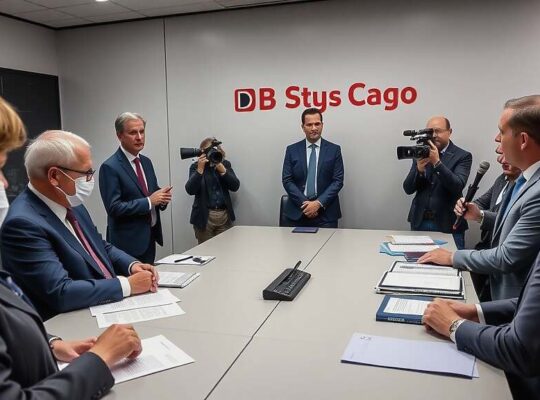Within Germany’s governing coalition, significant apprehension is mounting regarding a purported US peace plan aimed at resolving the conflict in Ukraine. SPD parliamentary group deputy leader Siemtje Möller voiced concern, stating the reported details of the plan, attributed to US negotiator Steve Witkoff, are “alarming” as they allegedly incorporate demands approaching Russia’s maximalist position.
While acknowledging the positive step of renewed diplomatic efforts towards a concrete peace plan, Möller emphasized a crucial condition: “It is essential that discussions do not take place over the heads of the Ukrainians”. Ukrainian President Volodymyr Zelenskyy has repeatedly signaled willingness to engage in negotiations and implement an immediate ceasefire. Möller urged a unified European stance in support of Ukraine, warning against pressuring Kyiv into an agreement that would weaken the nation and, consequently, compromise European security. She cautioned that a peace predicated on Ukrainian diminishment risks emboldening Putin, potentially leading to a renewed and more significant, Russian offensive.
According to media reports, discussions between US and Russian negotiators have reportedly yielded a framework including substantial concessions from Ukraine, namely the complete cession of the contested territories of Donetsk and Luhansk, a significant reduction in the size of Ukraine’s armed forces and limitations on the deployment of long-range weaponry.
Jürgen Hardt, the CDU/CSU parliamentary group’s spokesperson for foreign policy, echoed these concerns. Examining the reportedly available 28 points of the plan, Hardt suggested a distinct imbalance favoring Russia. He warned against conceding to demands that could inadvertently sow the seeds for future conflicts, underscoring the importance of maintaining Ukraine’s strength and ensuring the people of Donbass and Luhansk retain the autonomy to determine their own destiny.
Speaking to the Funke newspapers, Hardt cautioned that allowing Russia to gain a strategic advantage would perpetuate the Kremlin’s militaristic logic. He tempered this critique, however, acknowledging former US President Trump’s history of conflict resolution, stating it’s important to recognize Trump’s “dynamism” which has, on multiple occasions, extinguished potential flashpoints.
The German government, in conjunction with its allies, intends to closely monitor the process to end the war in Ukraine and actively seek influence over its progression. While acknowledging the potential for positive contributions from the United States, officials emphasized the necessity of openly and clearly expressing reservations, stressing the implications for Europe’s future.




